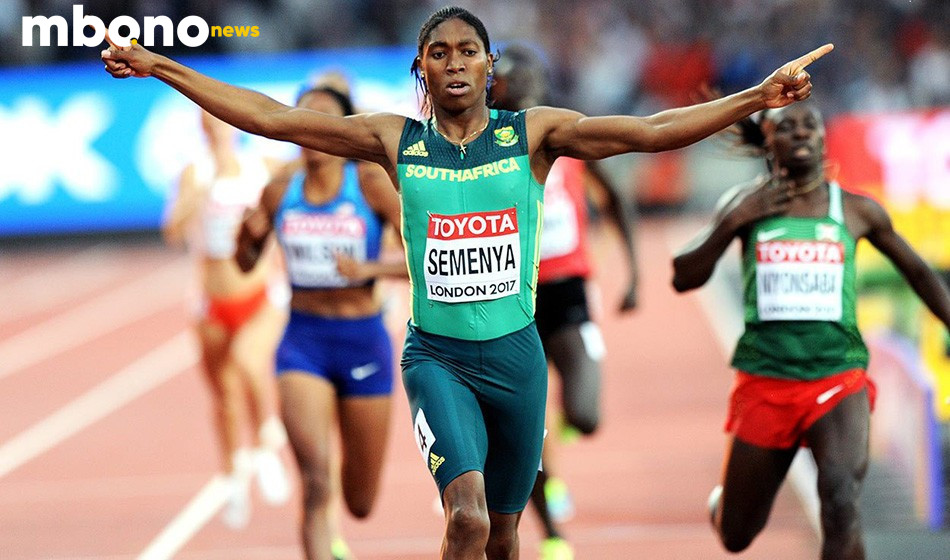Two-time Olympic gold medalist Caster Semenya has scored a major legal victory, as the Grand Chamber of the European Court of Human Rights (ECHR) ruled in her favour, upholding a 2023 decision against Switzerland. The ruling is a landmark moment in the ongoing debate over fairness, gender, and human rights in international sport.
At the heart of the case are controversial World Athletics regulations requiring athletes with differences in sex development (DSD) to medically lower their natural testosterone levels in order to compete in certain women’s events — including the 800 metres, where Semenya has long dominated. The court found that Switzerland failed to protect Semenya’s rights when its legal system upheld those rules, violating her right to privacy, non-discrimination, and effective legal remedies.
The Grand Chamber’s decision strengthens the 2023 ruling, which had already raised serious questions about the intersection of sports regulations and fundamental human rights. It also delivers powerful vindication for Semenya, who has consistently refused to undergo hormone-suppressing treatment, saying it would harm her health and identity.
This case extends far beyond the track. It sends a clear message to international sports bodies and governments: regulations that infringe on athletes’ bodily autonomy and human dignity will not go unchallenged. For Semenya, it’s more than a personal win — it’s a global precedent for athletes who are often forced to choose between competing and compromising who they are.
